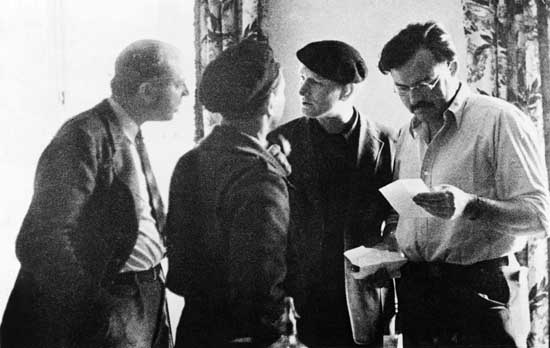15+ Idealism Definition History
Idealism Definition History. This book provides a comprehensive overview of the history of philosophical idealism from ancient to contemporary philosophy. The history of idealism presented by jeremy dunham, iain hamilton grant, and sean watson covers ancient philosophy (parmenides, plato, neoplatonism), early modern philosophy (rationalism and empiricism), german idealism, british idealism, and.

The practice of forming ideals or living under their influence. President woodrow wilson became its most forceful exponent. Idealism is a set of philosophical systems that argues that reality is dependent upon the mind rather than existing independent of the mind.
indigo colour things in nature gratte dos en bois dolivier hauteur bati support geberit hottentot fish
Implication of Idealism and Naturalism to Philippine Education
Any of a group of philosophical doctrines that share the monistic view that material objects and the external world do not exist in reality independently of the human mind but are variously creations of the mind or constructs of ideas. Idealism, in philosophy, any view that stresses the central role of the ideal or the spiritual in the interpretation of experience. The notion of idealism it has two great meanings. High ideals are talked about in this philosophy.

Idealism, in philosophy, any view that stresses the central role of the ideal or the spiritual in the interpretation of experience. Its literal translation in hindi emerged. President woodrow wilson became its most forceful exponent. On the contrary, idealism defends the principle that the lower is explained by the higher—specifically, that matter can be explained by mind but that. Explaining.

This approach rests on a dual premise. They just disagree about what this kind of thing is. The history of idealism presented by jeremy dunham, iain hamilton grant, and sean watson covers ancient philosophy (parmenides, plato, neoplatonism), early modern philosophy (rationalism and empiricism), german idealism, british idealism, and. Pursuit of one's ideals, often without regard to practical ends. Proponents include.

Idealism says that material things are, in the end, fundamentally mental. The notion of idealism it has two great meanings. Philosophers related to this philosophy believe in the eternal existence of thought, so basically, this philosophy is “ideological philosophy or idealism”. Idealism synonyms, idealism pronunciation, idealism translation, english dictionary definition of idealism. Idealism is a set of philosophical systems that.

Idealism is not reductive, as are opposing philosophies that identify mind with matter and reduce the higher level of reality to the protons and electrons of mathematical physics. Essentially, it is any philosophy which argues that the only thing actually knowable is consciousness (or the contents of consciousness), whereas we never can be sure that matter or anything in the.

Objective idealism asserts that the reality of experiencing combines and transcends the realities of the object experienced and of the mind of the observer. It may hold that the world or reality exists essentially as spirit or consciousness, that abstractions and laws are more fundamental in reality than sensory things, or, at least, that whatever exists is known in dimensions.

President woodrow wilson became its most forceful exponent. Idealism is a set of philosophical systems that argues that reality is dependent upon the mind rather than existing independent of the mind. The notion of idealism it has two great meanings. Essentially, it is any philosophy which argues that the only thing actually knowable is consciousness (or the contents of consciousness),.

Objective idealism asserts that the reality of experiencing combines and transcends the realities of the object experienced and of the mind of the observer. This approach rests on a dual premise. Concept of idealism • idealism is employed in philosophy, the mental work of experience is foundational to all science and for that matter all knowledge. Jump to navigation jump.

Essentially, it is any philosophy which argues that the only thing actually knowable is consciousness (or the contents of consciousness), whereas we never can be sure that matter or anything in the outside world really exists. This book provides a comprehensive overview of the history of philosophical idealism from ancient to contemporary philosophy. On the contrary, idealism defends the principle.